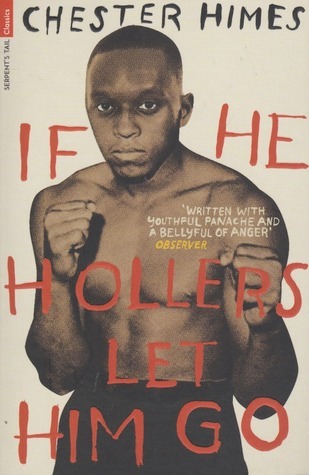What do you think?
Rate this book


262 pages, Paperback
First published January 1, 1945
Up to the age of 31 I had been hurt emotionally, spiritually, and physically as much as 31 years can bear: I had lived in the South, I had fallen down an elevator shaft, I had been kicked out of college, I had served seven and one half years in prison, I had survived the humiliating last five years of the Depression in Cleveland; and still I was entire, complete, functional; my mind was sharp, my reflexes were good, and I was not bitter. But under the mental corrosion of race prejudice in Los Angeles I had become bitter and saturated with hate. (City of Quartz, p. 43)
'But these people are already here,' Cleo pointed out. 'The ghetto's already formed. The problem now is how best to integrate the people of this ghetto into the life of the community.' She turned to me; I'd been silent long enough, 'What do you think, Mr. Jones?'
'About what?' I asked.
She threw a look at me. 'I mean what is your opinion as to the problem arising from conditions in Little Tokyo?'
Well, sister, you're asking for it, I thought. Aloud I said: 'Well, now, I think we ought to kill the coloured residents and eat them. In that way we'll not only solve the race problem but alleviate the meat shortage as well.'
There was a shocked silence for an instant, then Polly broke into a raucous laugh. Alice said softly, 'Bob!'
All I wanted was for them to get the hell out of there so I could be alone with Alice, but I lightened up a little out of common courtesy. 'All kidding aside,' I said, 'if I knew any solution for the race problem I'd use it for myself first of all.'